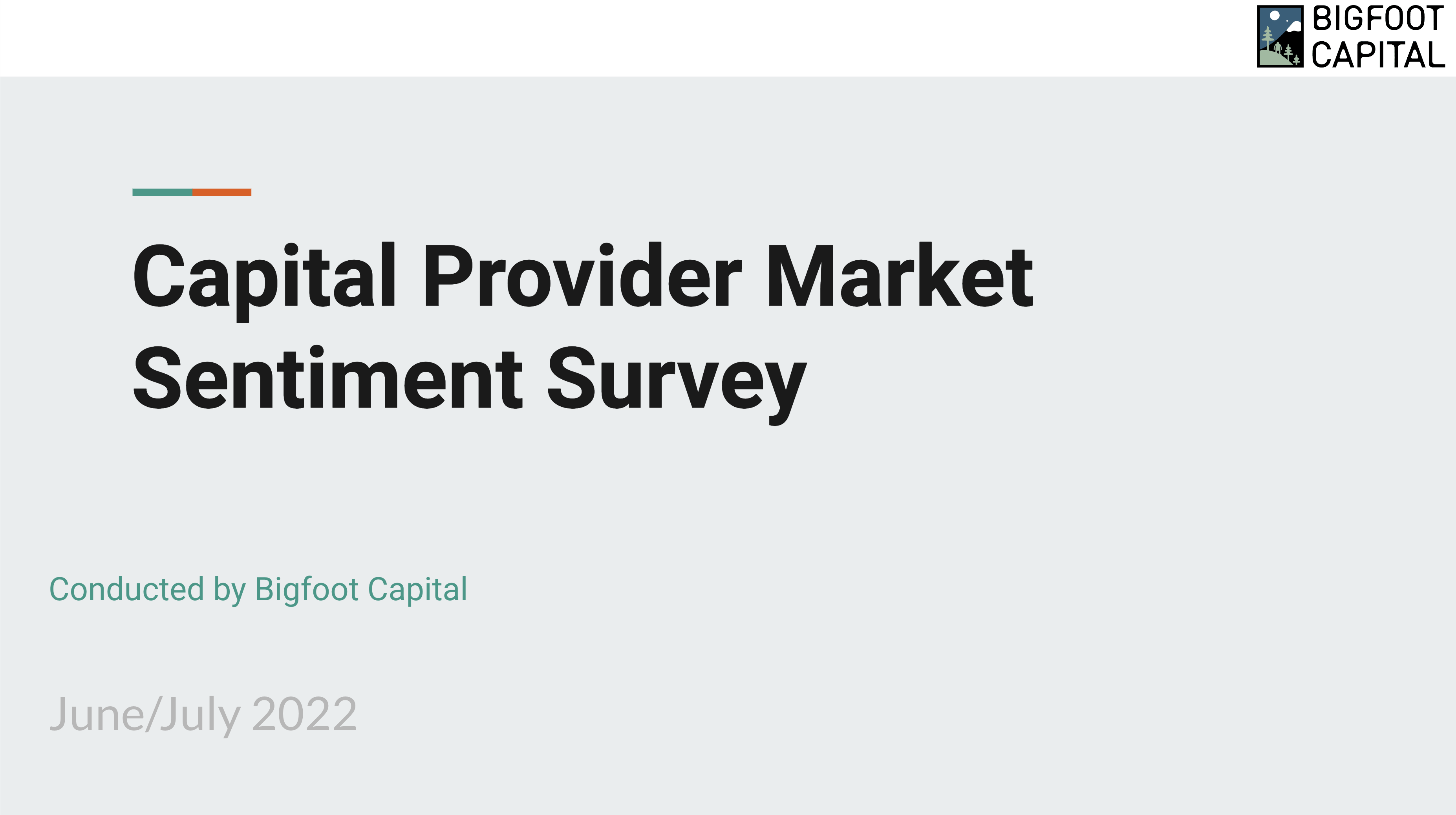
The internet can be a risky place. From the ongoing risk of active threats, to handling bandwidth needs, to filtering out the content that employees can access on the corporate network, there’s a lot more that goes into digital security than most users ever see. DNS-based content filtering and threat protection has emerged as a popular solution, able to deploy within hours, available at low cost and quite effective at meeting most enterprises’ needs. Enter DNSFilter, a SaaS-based DNS content filter service in Washington, DC and Bigfoot portfolio company that’s committed to providing customers with flexible, digital security services at an affordable price. We sat down with Ken Carnesi, the company’s CEO, recently to learn more about the business and what he’s seeing in the SaaS market right now. Here’s 5 Questions for DNSFilter CEO Ken Carnesi on what he had to say about working with Bigfoot Capital.
What does DNSFilter do?
Basically, we offer a cloud-based service that allows enterprises to protect their users from online threats and content that may be inappropriate. We incorporated in late 2016, but we actually just started charging for our service in the final months of 2017.I started a wireless ISP 13 years ago when I was in college, and that’s where the idea for DNSFilter came from. We started work on it in 2016 and it took us, just myself and one other cofounder at the time, to code it all up and make an MVP. We’re based out of DC, but we’re actually almost a fully remote team, which lends itself well to a SaaS business. It’s really helped us find some really great talents at rates that wouldn’t be possible if we were located in Silicon Valley.
How did you get connected with Bigfoot?
We actually got introduced through someone in the TechStars network who knew Brian Parks, and we just started talking. At that point we were looking to bring on some revenue-based financing, so we had been talking to a few other providers and were a little further down the road with them. So, our initial interaction with Bigfoot was pretty much us just telling Brian that we had made a decision already. But, in the end, we changed our mind. He was able to offer us the kind of attention we needed, and we’ve been very happy with our decision.
What set Bigfoot apart?
With Brian, there is much more personal attention and much more of a willingness to understand our business and our vision for it. It’s just easier for us to communicate our plans with him.It has been more of a personal process, and by being more personable it has made everything go so much faster. We were able to negotiate and get answers more quickly and he could ask us questions that really mattered. Unlike other providers that are more structured and leave you waiting for a month or more for a board meeting to occur where they don’t really know anything about you when they make their decision, there’s definitely a higher trust factor with Bigfoot.
What has the capital helped DNSFilter do?
It’s primarily gone to team growth. The 30,000-foot view on it was that we were raising money with the goal of essentially getting to $125,000 in monthly recurring revenue with that funding.But we’re doing it in phases. The first phase was investing in our infrastructure for our network, the global network that we’re building out. That’s included bringing on more engineering and development talent to be able to keep up with the features we’re adding to keep customers interested and make ourselves a true contender.We’re in the process of moving out of that phase now. We’re among the top two fastest content filtering networks in the world at this point, and we have most of the features that our competitors have plus some additional ones. People are starting to pick up on the service and we’re getting good word of mouth.So, phase two is the growth phase now that we have the market fit. We’re going to be investing in marketing and bringing on additional salespeople and positioning the company for the next round of financing.
And what’s your long-term vision?
At this point we’re moving into the mid-market and small enterprise businesses, but in general the long-term vision is just to grow this thing as big as we can. We’re constantly innovating, adding new ways to protect our customers, and we definitely have a few more product ideas in the works. We just want to grow this into a large internet security company that is doing some really unique stuff.That being said, there has been a lot of consolidation going on in this industry over the past couple of years. And this isn’t a huge industry in terms of total competitors anyway, so that’s been changing things, and it seems like it’s been picking up frequency.Still, this isn’t anything new.Even back when we got started, one of the things that kicked it off for us was when one of the competitors that I had been using at the ISP got acquired by Cisco. Pretty quickly, Cisco dropped all of the mid-market and small enterprise businesses to focus on huge enterprises, and that left a big gap in the market (in addition to a lot of frustrated customers). We started our company to serve those smaller customers, and it’s been successful for us, so consolidation isn’t always a bad thing. We’re always looking for opportunities.








